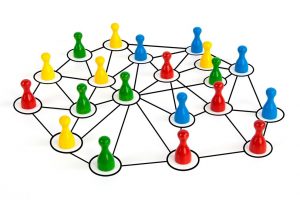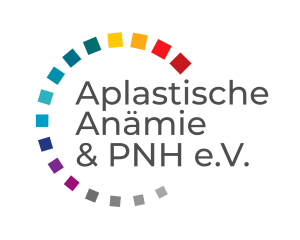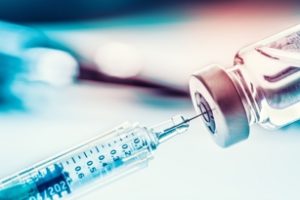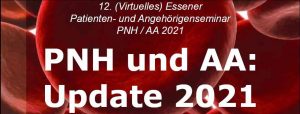Bringing together AA/PNH patients

Photo: Guido Grochowski_Adobe Stock
Most people who suffer from a rare disease such as aplastic anaemia (AA) or PNH are initially alone with this diagnosis: Since only a few thousand people in Germany suffer from AA and PNH , hardly anyone of their family and friends has ever heard of these diseases, let alone suffers from them themselves. This often makes it difficult for those affected to exchange questions, worries, tips and experiences.
At this point, we as an association, together with the lichterzellen foundation , would like to bring together locally as many AA and PNH patients and relatives as possible , so that they do not only meet on the internet, but maybe soon face to face with other affected people in their vicinity. We keep a list of patients and relatives in which you can register if you wish. Please fill out this form and send it to us.
READ MORE



